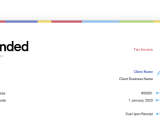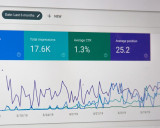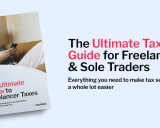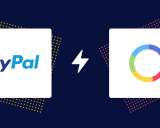
How I grew my freelance career with Martina Donkers
Just because you’re self-employed doesn’t mean you can’t climb the ladder. Experienced freelancer Martina Donkers weighs in with advice on building a successful long-term career.
Article contents
− +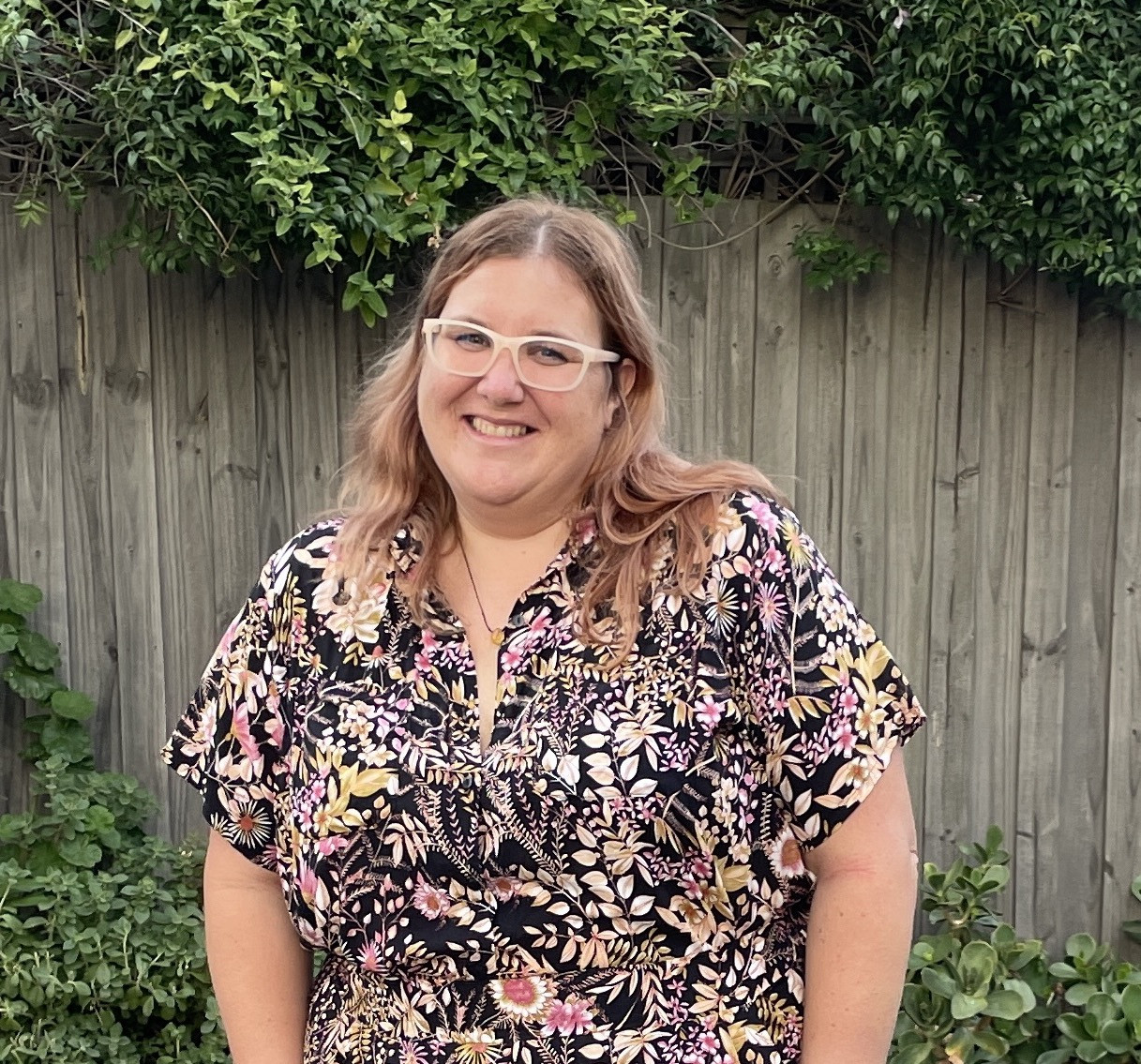
In our Customer Spotlight series, we’re interviewing experienced freelancers in the Rounded community to share their stories and the lessons they’ve learned along the way.
This month, we caught up with Martina Donkers, a freelance grant and evaluation expert—and one of our earliest users.
Martina walks us through:
How freelancers can build a career without returning to the office
How to choose the right career-building activities
How to pivot your freelance business as your career progresses
Let’s dive in!
Martina’s journey as a freelance grant writer
Martina has been interested in freelancing since her university days—although, like many self-employed Aussies, she initially believed it wasn’t a viable career.
“I loved the idea of being able to work from anywhere,” Martina says, “but I didn't think it was possible. Everyone kept telling me, “That'd be nice, but you have to be realistic. You can’t do that.”
After graduation, Martina worked several government jobs, including grants management for the Australian Federal Government, before taking some time off to travel in 2016.
Wanting to spend more time on the road, and not wanting to come home to an empty bank account, she began looking into how she could work while living as a digital nomad.
“I was stuck in the jungle in Guatemala for a few days, recovering from a cold. That’s when I parked myself in a hammock for two days and built my website.”
Martina expected to freelance while travelling and then return to full-time employment, which she did in 2018. But after experiencing the freedom of self-employment, Martina found it difficult to re-adjust to life in an office:
“It’s funny: I never had a problem being in an office before freelancing. I liked the office jobs I had previously. But going back to being an employee—even in a role that was perfect for my skill set—I realised just how constraining it was.”
In 2020, Martina returned to freelancing for good, working as a grant writer while pursuing a Master of Evaluation to help her advance her career.
Martina now works as an independent consultant for nonprofits, entrepreneurs, and for-purpose businesses, helping with program evaluation, evaluation and program design, logic models, and grant funding.
Some of Martina’s clients include Karitane, Resilience NSW, the Association of Children's Welfare Agencies, the Australian Evaluation Society, ARTD, 3Bridges, Greenmash, the Monaro Post, City of Greater Geelong, City of Yarra, and the University of New South Wales.
Building a long-term freelance career
After realising traditional employment wasn’t for her, Martina began looking for ways to remain self-employed without limiting her professional growth.
“I've noticed freelancers tend to view their work as a job rather than a career,” Martina says. “It's just what they do to pay the bills, not where they’re building skills and looking to progress.
“Now, some people don’t want to progress, which is fantastic. But some people do—and believe that if they want to do the career thing, they need to jump back into corporate land and climb the ladder.
“But you can actually build a career as a freelancer if you’re strategic about the jobs you take, your skill development, and your professional development.”
Martina shares a few of the ways she’s approached career building:
Upskilling with a Masters in Evaluation from the University of Melbourne
Attending conferences, and being deliberate about connecting with others
Taking on strategic contract roles, such as Senior Evaluation Officer at the National Recovery and Resilience Agency
Joining professional societies and volunteering with them to build her profile
Creating the Freelance Grant Writers’ Network Facebook group to connect with others in her profession and position herself as an industry expert
Coaching other writers and creating the Grant Writing For Freelance Writers course
In particular, she credited her master's degree as a turning point in her career:
“For my master’s Capstone project, I worked with the Australian Evaluation Society. I started to meet self-employed people in their 50s and 60s who had cool careers, respect in the field, and the best brains.
“Suddenly, I felt like I had a role model and a clear direction of where I wanted to be when I was 60.
“Once I had that, it was a lot easier to become more strategic about professional development opportunities, volunteering on committees, presenting at conferences, and things like that.”
Rather than setting specific career goals, Martina takes a looser approach:
“It’s all about taking opportunities that come your way, looking for opportunities to do interesting things, and working on projects that stretch you rather than keeping you in your comfort zone.”
Shifting focus in your freelance business
Freelancers always talk about the importance of finding a niche. But sometimes building your career can mean expanding or changing what you do. What happens when you want to explore other opportunities?
Having expanded her business to focus on evaluation as well as grant writing, Martina has some tips for those looking to change or expand their offerings.
“I don't use a business name and that's been a deliberate choice. As a sole trader, when you engage me, you get all my skills and the various things I can bring to a project.
“This meant when I started doing evaluation, I didn’t really have to change the branding quite so much. I just had to talk to people and tell them that I’d now built this other capability.”
In Martina’s case, evaluation is a skill set that is closely related to grant writing and complements her grant writing skill set:
“Unlike some evaluators, I have more knowledge of how grant programs work, so I can come at the evaluation of grant programs as a subject matter expert, which gives me an advantage.”
However, she acknowledges there can be difficulties, especially for new freelancers who may not have an existing client base to fall back on.
“It’s not a perfect overlap. Evaluation and grant writing require different skill sets, and I do have different clients for each part of my business.
“If I were just starting out, doing two fairly different things would be difficult, but because I already had an established client base for one service, I could slowly build my client base for the other service.”
The importance of staying on top of business finances
As one of our earliest customers, Martina had lots to say about Rounded!
“I learned reasonably quick in my ‘how to be a freelancer’ Googling that keeping track of your money is important and that there are various software programs available that do that.
“One of the ones I found was Rounded. I liked the idea of it because it was Australian, for sole traders, and a lot cheaper than many of the others.”
Martina opted to use a free invoicing solution in the first stage of her freelance journey, but quickly switched once she knew she would be in it for the long haul.
“As soon as I started putting my stuff in there, I was amazed at how much easier it was than the free one I’d been using before. Not having to customise anything to meet ATO requirements was so much easier. I think that getting set up with a proper system right at the start was really valuable for me.
“I've said for years: Rounded is the best thing that I spend money on in my business because it lets me stay on top of everything.”
Martina’s #1 tip for freelance career-building
We asked Martina what one piece of advice she would give to freelancers who want to build a long-term career.
“Take the opportunity. Talk to people about what you do, and don't be afraid to try weird things or things that aren’t quite aligned with your business just to see where it goes.”
Martina believes that while having an ideal client is important, it can be a barrier for early-stage freelancers who might miss opportunities to connect with people who might lead them to the perfect client.
For example, Martina recalls how working on a Screen Australia grant for a client that was outside her usual area of expertise allowed her to land one of her favourite clients:
“I worked about five hours for him—a very small invoice. A month later, he got back in touch. In his day job, he ran an IT consultancy. One of his clients was a medium-sized non-profit looking for a grant writer, which is exactly the type of client I like to work with. He offered me an introduction, and I’ve been working with them for years now.
“You never know where your next referral will come from. So talk to people about what you do, work with nice clients on slightly weird projects, and see where it takes you.”
Check out more from Martina Donkers
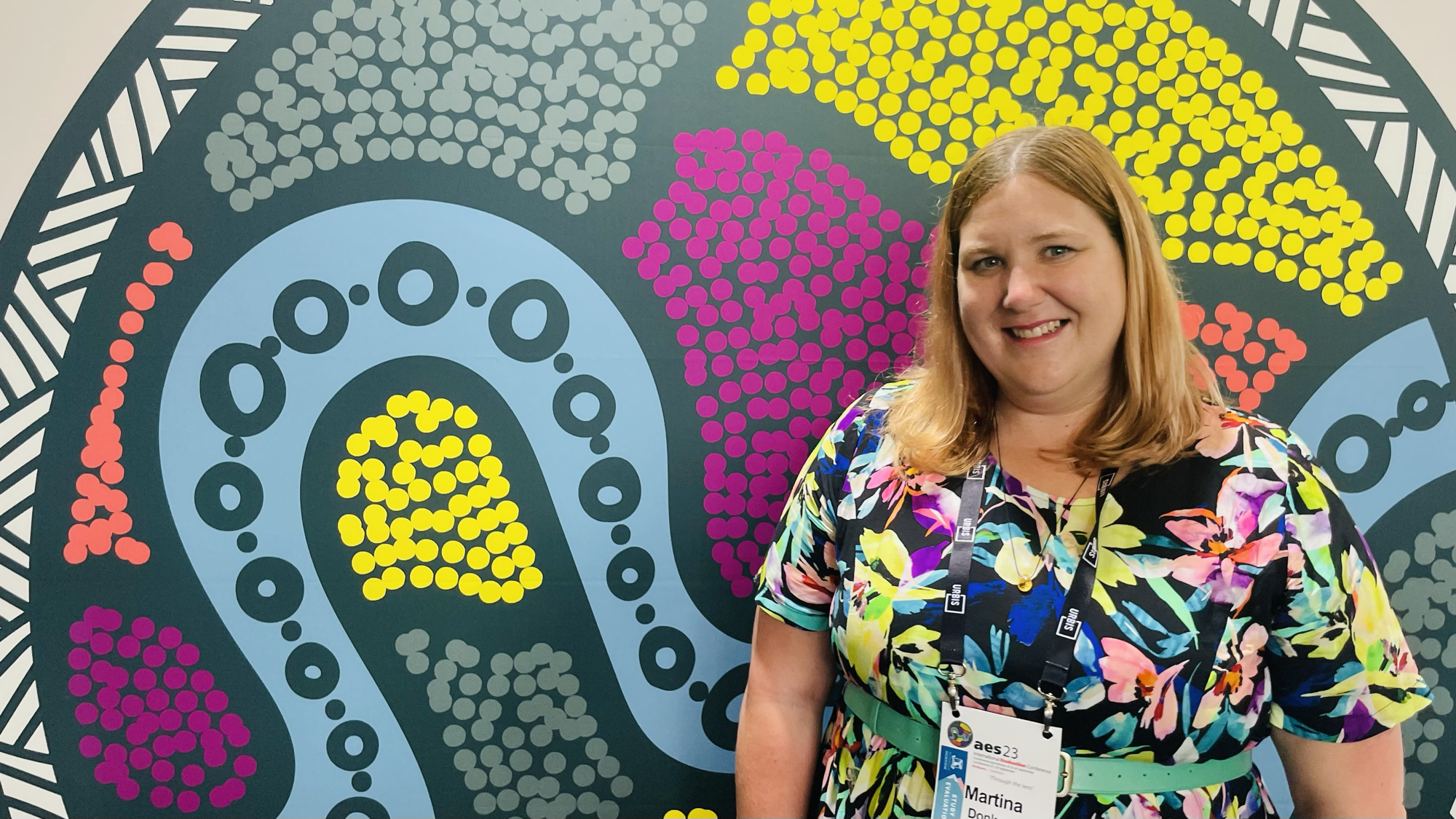
Want to learn from one of Australia’s best grant writers?
Check out Martina’s course: Grant Writing For Freelance Writers
You can also connect with Martina to chat about grant writing, evaluation, or freelance career building using the links below.
Website: https://www.martinadonkers.com/
LinkedIn: https://www.linkedin.com/in/martinadonkers/
Thanks again to Martina for sharing your journey and advice with us!
Want to be featured in our next Customer Spotlight? Apply here.
Join newsletter
ABOUT ROUNDED
Invoicing and accounting software for sole traders. Get paid faster and relax at tax time.
